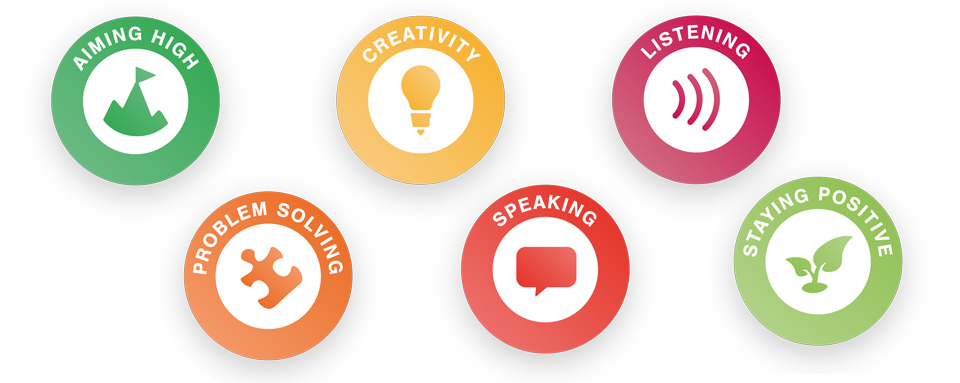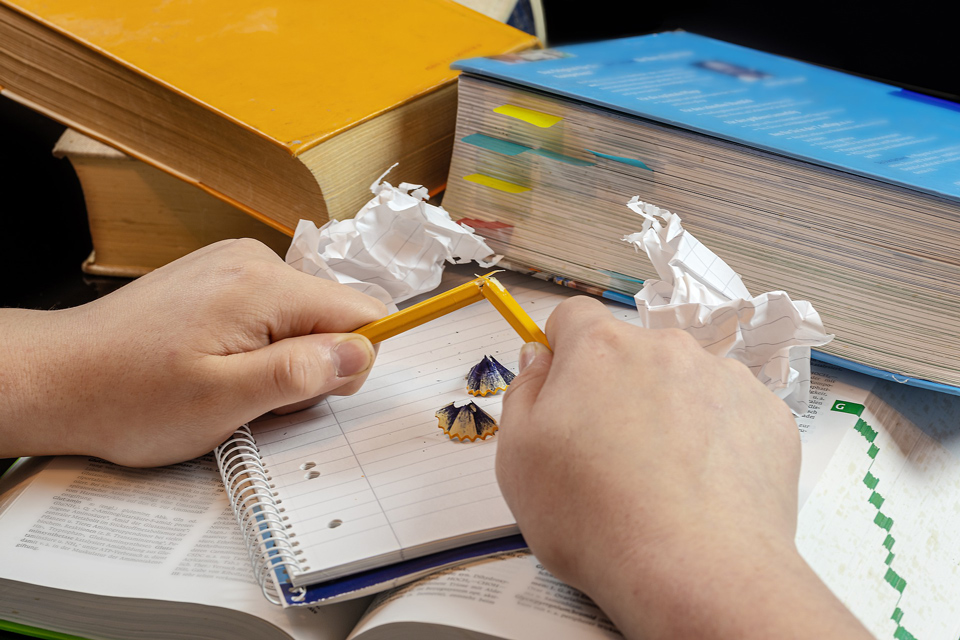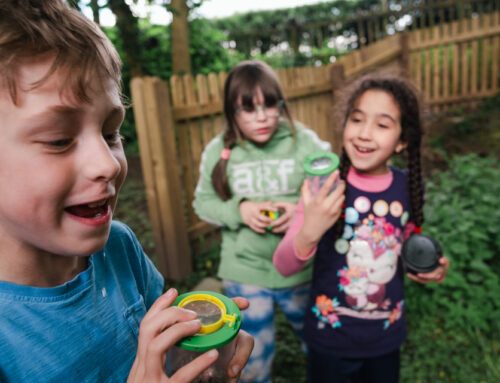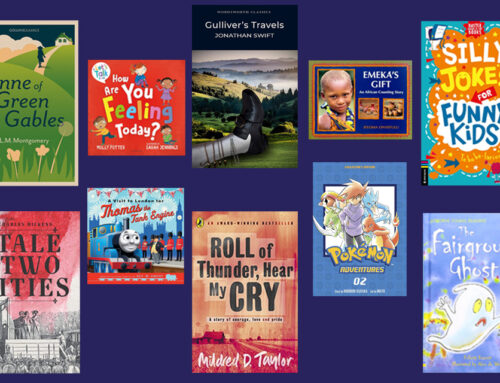Self-Regulation
Self-regulation means the ability to ‘regulate yourself’; to appropriately monitor your thoughts, control your reactions and respond appropriately to your environment. Ideally, your end goal is the best possible ethical long-term outcome for yourself in the related area, (be that emotional wellbeing or academic learning, for example). For children and young people, this might include them learning how to adapt their behaviour to changing circumstances, manage their emotions, maintain appropriate energy levels, control their physical movements or take on board a teacher’s constructive criticism.
A key point is that to successfully self-regulate you need to be self-aware; watching and making adjustments to reach your own successes. A student who makes changes saying “I’m doing it because my parents want me to” or “the teacher said so” would not be exercising autonomy in their learning strategies. Although sometimes temporarily beneficial, these are examples of responding to external regulation.
Self-Regulation in Learning
Self-regulation in learning means planning, monitoring and directing your own learning. In other words, can your high potential learner map out their work, keep an eye on the effectiveness of their learning approach and adjust study skills or goals accordingly? Are they able to react calmly and positively to critical feedback from a teacher or pick themselves up and refocus their efforts following a test score that was lower than expected?
Homework and home schooling often become marked by outbursts as young learners with high potential struggle to ‘keep a lid on things’ and remain calm in the face of mental or emotional challenges. It can be extremely hard for them; impulse control skills take years to establish, even into their twenties, in line with their developing brains. Many students with high learning potential will have become used to acquiring knowledge very successfully, yet without consciously using any learning strategies for thought or self-reflection. Without knowing it, they may well have adopted an unreflective, impulsive learning style instead.
However, it is worth encouraging a shift towards a self-regulated learning style as research shows it is associated with better performance and adaptive learning behaviour[1], which are key to supporting academic success and the likelihood of achieving highly.
Cognition, Metacognition and Motivation
Three key areas are needed for successful self-regulation. Although they sound complicated, we all use these skills to a varying degree, they might just need strengthening.
- Cognition – the use of conscious mental processes to learn and understand through study, thought, experience and the senses.
- Metacognition – the ability to be aware of your own cognition processes. Applying this self-awareness usefully to learning would broadly involve the three categories of before (planning), during (monitoring) and after (evaluating and making adjustments).
- Motivation – the energy and desire to keep interested and committed to learning is important. Good self-regulation skills will feed the motivation to keep cognitive and metacognitive skills engaged in the face of inevitable setbacks.
For more information, see the blog Metacognition and High Potential Learners and advice sheet PA305 Inspiring a Child’s Motivation to Learn, (free to download for members).
It is appropriate and desirable to encourage metacognition skills and healthy levels of motivation in children of all ages. Even pre-school children can be encouraged to develop them so that beneficial patterns become second nature as they grow up. Older children might understand self-regulation concepts more easily, but may well require more support in changing their set patterns.
How to Build Self-Regulation Skills
It is good to coach your high potential learner to nurture and combine their self-regulation skills and strengthen weaker areas so that they become in charge of their own learning.[2]
Focus on a school project or exam coursework, personal hobby (such as a musical instrument, Lego building, dance routine or creating a Minecraft village), or even just block stacking or a simple art session with very young children. Crucially, allow opportunities for things to ‘fail’ or incorrect answers to be given; it is exactly in these moments that tempers and solid self-regulation skills can be put to the test.
Encourage them to ‘Plan – Monitor – Evaluate’ as they:
- Assess the state of their current knowledge and learning needs
- Analyse what is needed
- Ask questions and take notes
- Set suitable learning goals and strategies
- Stick to the plans
- Manage intrusive emotions
- Keep their motivation strong
- Monitor learning progress as they work through the task
- Adapt their approach where necessary
- Consider changing the end goals
- Manage their time and resources
- Review the end result
- Evaluate what they might do differently next time
Learn more about helping children with high learning potential to develop self-regulation skills with our advice sheet PA324 Helping HLP Children Develop Self-Regulation Skills.
Set a Challenge
For children (of all ages) with high learning potential, it is essential to ensure that projects and goals are challenging enough to stretch them beyond their current ability. It is only in this way that they will face the harsh dilemmas of failing to score top marks, intuitively knowing the answer and/or responding immediately without consideration.
They must be allowed to ‘fail’ in a supportive environment and develop a growth mindset that views such setbacks only as necessary steps on a journey of academic discovery and skill development.
It can be tough for a young person with high learning potential who has become used to coasting through their learning to have to handle for the first time what they experience as academic embarrassment or failure. If they have lacked challenge in their education, possibly even working a year or more above their peers, they will not have been able to practise situations where they suddenly, shockingly, realise that they need to actively study. Without this experience, (one their less able peers will conversely be very familiar with), they will have no idea what ‘study skills’, ‘revision’ or ‘practising something’ actually means to them.
In other words, allow significant challenge and you will gift them the opportunity to develop the self-regulation skills needed for wellbeing, academic success and social appropriateness; not just at their current stage, but also in future school years, university and the wider world, where instances of receiving constructive criticism or falling short of their own goals are inevitable – but can be welcomed!
For More Information
- How to Kick-start Motivation https://potentialplusuk.org/index.php/2020/06/11/how-to-kick-start-motivation/
- 10 Questions About Mindset and High Learning Potential https://potentialplusuk.org/index.php/2020/01/21/10-questions-about-mindset-and-high-learning-potential/
- Self-Regulation and the Underachieving Gifted Learner by A Welch, H Roth, H Steiner & M Carr. (2015)
References
[1] Boekaerts, Pintrich & Zeidner. (2000); Zimmerman & Schunk. (2011).
[2] Paris & Paris. (2001).

About the author: Gillie Ithell is a writer and editor for Potential Plus UK with a B.A. degree in Modern Languages & Communication. Having worked internationally as content manager of classic board games and ‘edutainment’ software, Gillie now writes to inspire others like herself; on a daily journey with High Learning Potential.






